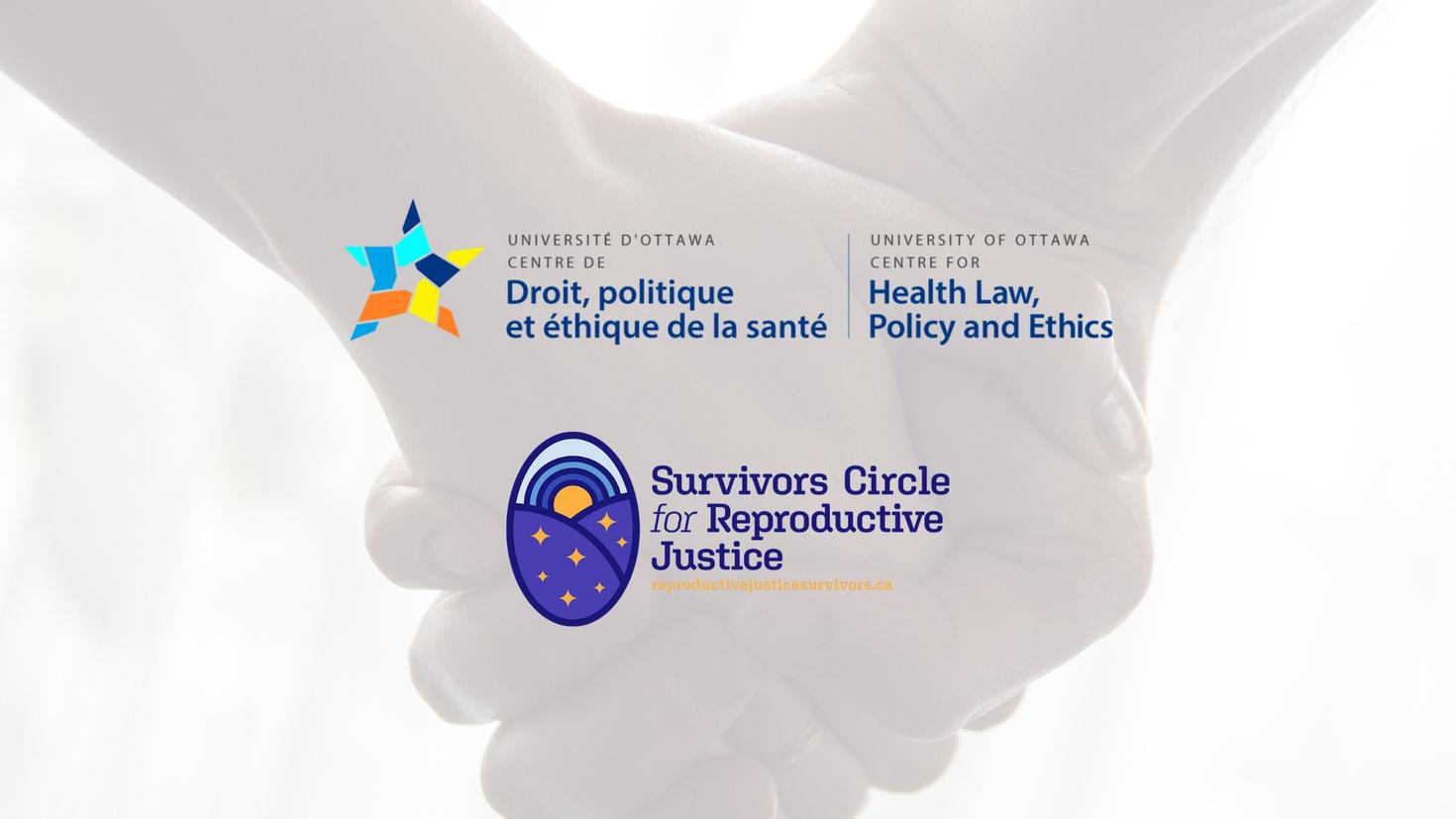Informed by the lived experiences of survivors, including research advisor Katy Bear, the report provides the first comprehensive overview of ART services available to those seeking fertility treatment after enduring reproductive violence. The research explores treatment options, costs, and available supports across Canada, as well as the level of cultural safety offered to Indigenous patients. It also compares service delivery models with other countries to identify best practices that could inform Canadian policy.
“Our research provides the first comprehensive picture of assisted reproductive technology options for Indigenous survivors of forced and coerced sterilization in Canada,” says Professor Vanessa Gruben, Director of the CHLPE. “By examining costs, service availability, and the importance of cultural safety, we aim to inform evidence-based policy and health system change. Ensuring survivors have equitable access to fertility care is an essential part of reconciliation.”
Click here to view the report.
The Survivors Circle for Reproductive Justice offers a Healing Support Fund providing up to $30,000 in funding for ART services, empowering survivors to take charge of their reproductive futures.
This work represents an important step in fulfilling the Truth and Reconciliation Commission’s Call to Action #18, which urges recognition of the health-care rights of Indigenous Peoples and the responsibility to uphold those rights.
“We support First Nation, Inuit and Métis women to take charge of their bodies and their futures through assisted reproductive technology,” says Harmony Redsky, Executive Director of the Survivors Circle. “Our research will support survivors to navigate health care systems that were not designed for them as part of their journey toward justice.”
“The forced and coerced sterilization of Indigenous Peoples is a profound violation of human rights,” said The Honourable Mandy Gull Masty, Minister of Indigenous Services. “I am committed to walking alongside survivors, supporting their leadership, and making sure that healing services are available to those who need them.”
This collaboration between the Survivors Circle and the University of Ottawa’s Centre for Health Law, Policy and Ethics demonstrates the power of community-led research and academic partnership in advancing reproductive justice and health equity.
To learn more about the Survivors Circle for Reproductive Justice and their ongoing work, visit www.reproductivejusticesurvivors.ca.
